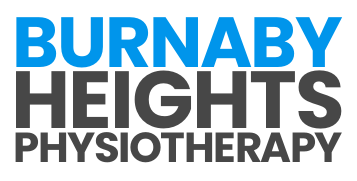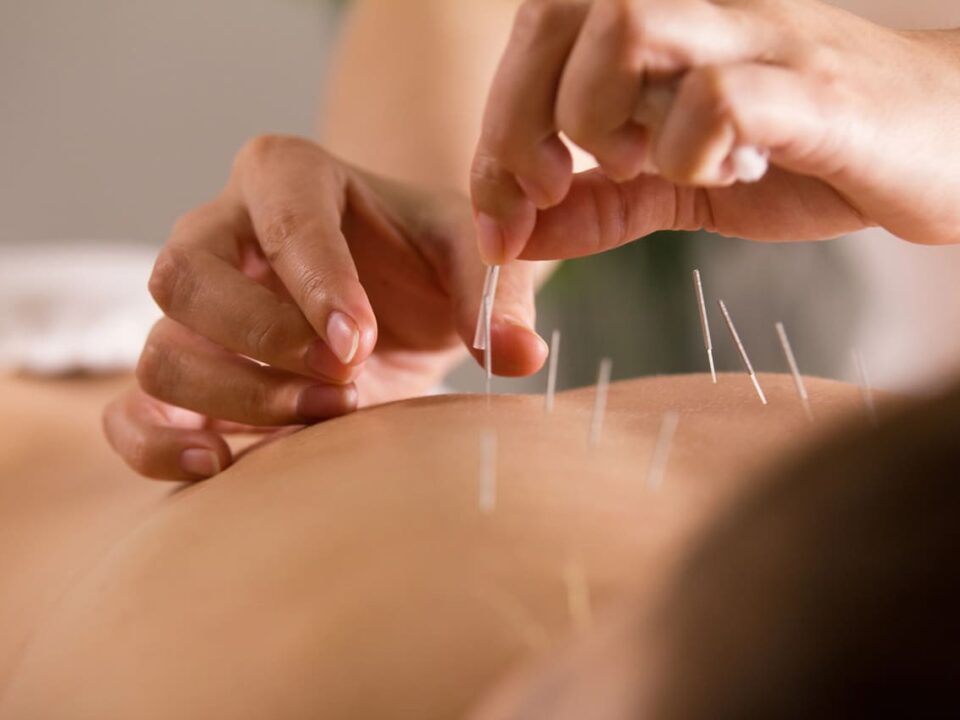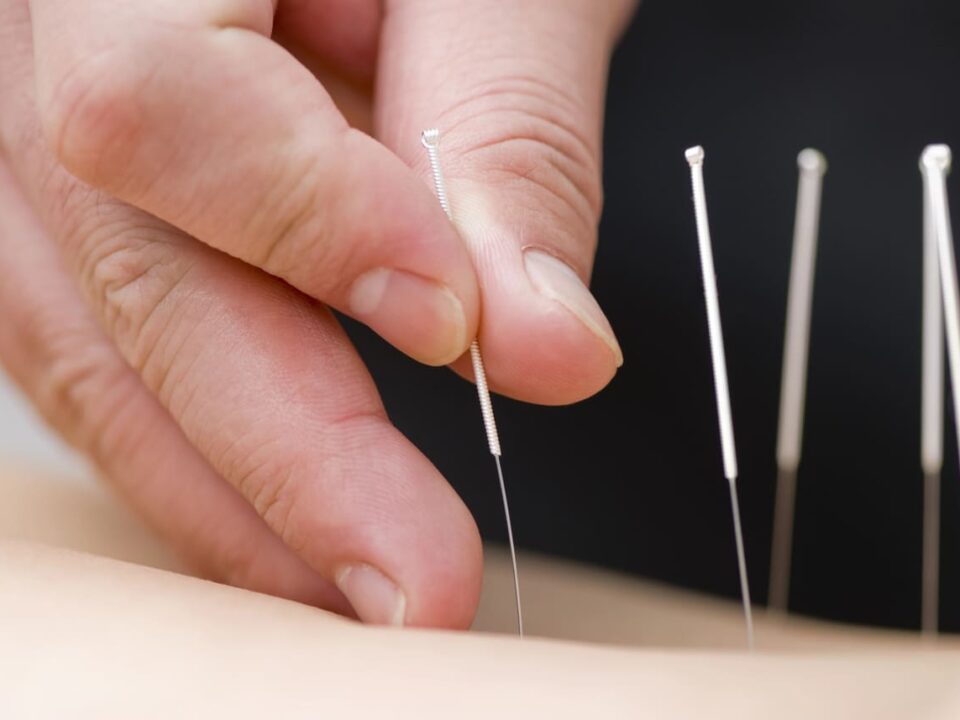
Custom Acupuncture Plans: Targeted Relief and Improved Outcomes
August 29, 2025
Comparing Physiotherapy and Massage Therapy: Optimal Health Strategies
September 30, 2025Acupuncture is an ancient practice that has gained popularity in modern healthcare for its potential to support well-being and enhance recovery. Many individuals are exploring how acupuncture can complement their health routines. As part of a holistic approach, understanding how to support acupuncture treatments can amplify their benefits. In this blog, we will explore practical tips for supporting acupuncture, including exercise, daily habits, nutrition, and more, to help you maximize the therapeutic effects of your sessions.
Can Exercise And Movement Practices Support Acupuncture Therapy?
Exercise and movement practices can significantly support acupuncture therapy by promoting circulation, reducing stress, and enhancing energy flow. By incorporating activities like yoga, tai chi, and regular aerobic exercise, individuals can amplify the benefits of their acupuncture sessions.
| Yoga | Yoga combines physical postures with breathing techniques and meditation, which can enhance flexibility, relaxation, and circulation. |
| Tai Chi | This gentle martial art focuses on fluid movements and deep breathing, helping to improve balance, strength, and mental clarity. |
| Aerobic Exercise | Activities such as walking, swimming, or cycling increase heart rate and circulation, supporting the body’s natural recovery processes. |
| Stretching | Regular stretching can reduce muscle tension and improve flexibility, making acupuncture sessions more comfortable and effective. |
| Strength Training | Building muscle strength can enhance joint stability and overall body resilience, aiding the acupuncture process. |
| Dance | Dance integrates movement with rhythm and can be a joyous way to enhance mood and physical fitness. |
| Pilates | This form of exercise focuses on core strength and stability, supporting posture and muscle balance. |
To sum up, incorporating movement practices into your routine can greatly support the effects of acupuncture. These activities not only promote physical health but also enhance mental well-being, making them valuable complements to acupuncture therapy.
What Role Does Sleep Play In Supporting Acupuncture?
Sleep plays a crucial role in supporting acupuncture by allowing the body time to rest, recover, and regenerate. Adequate sleep ensures that the recovery processes initiated during acupuncture are sustained and optimized. Quality sleep helps regulate hormones, supports the immune system, and enhances cognitive function, all of which are vital for maintaining the benefits of acupuncture. During sleep, the body undergoes repair processes at the cellular level, facilitating the removal of toxins and the rejuvenation of tissues. Furthermore, sleep impacts emotional health, reducing stress and anxiety, which can interfere with acupuncture’s effectiveness. Establishing a sleep routine, minimizing screen time before bed, and creating a restful environment can all contribute to better sleep quality and, consequently, more effective acupuncture sessions.
In summary, sleep is a foundational component in supporting acupuncture’s therapeutic effects. By prioritizing rest and ensuring a conducive sleep environment, individuals can significantly enhance their recovery and health outcomes.
What Role Do Nutrition and Hydration Play In Supporting Acupuncture?
Nutrition and hydration play essential roles in supporting acupuncture by providing the body with the necessary resources for recovery and energy flow. A balanced diet and proper hydration can enhance the body’s response to acupuncture, making treatments more effective.
| Balanced Meals | Consuming meals that include a variety of nutrients supports the body’s functions and energy levels, enhancing the effects of acupuncture. |
| Hydration | Adequate water intake is essential for cellular processes and energy flow, which are crucial for acupuncture’s effectiveness. |
| Avoiding Processed Foods | Cutting down on processed foods reduces inflammation and supports a balanced internal environment. |
| Incorporating Superfoods | Foods rich in antioxidants, such as berries and leafy greens, can support cellular repair and energy balance. |
| Herbal Teas | Herbal teas like chamomile or peppermint can aid digestion and relaxation, complementing acupuncture’s calming effects. |
| Omega-3 Fatty Acids | Found in fish, flaxseeds, and walnuts, these fats support brain health and reduce inflammation. |
| Probiotics | Foods like yogurt and kefir promote gut health, which is linked to overall well-being and can support acupuncture’s benefits. |
In short, nutrition and hydration are pivotal in maximizing the benefits of acupuncture. By focusing on a balanced diet and adequate water intake, individuals can support their body’s natural processes and enhance treatment outcomes.
How Can Stress Management Support Acupuncture Results?
Stress management can profoundly support acupuncture results by promoting a relaxed state that enhances energy flow and recovery. Techniques such as meditation, deep breathing, and yoga can complement acupuncture’s therapeutic effects.
- Meditation: Regular meditation practice can reduce stress levels and enhance mental clarity, making individuals more receptive to acupuncture.
- Deep Breathing: Practicing deep breathing exercises can help regulate the nervous system and promote relaxation.
- Yoga: Yoga combines movement and mindfulness, reducing stress and improving flexibility, which supports acupuncture’s effectiveness.
- Progressive Muscle Relaxation: This technique involves tensing and relaxing muscle groups, promoting relaxation and stress reduction.
- Aromatherapy: Using essential oils such as lavender or eucalyptus can create a calming environment that supports stress reduction.
- Nature Walks: Spending time in nature can reduce stress levels and enhance mental well-being.
- Mindful Journaling: Writing about thoughts and experiences can provide clarity and reduce mental clutter.
The key takeaways are that stress management techniques can significantly enhance acupuncture results. By incorporating practices like meditation and yoga, individuals can foster a calm state that supports the body’s recovery processes.
How Often Should I Schedule Acupuncture Sessions For Maximum Benefit?
The frequency of acupuncture sessions should be tailored to an individual’s needs and health goals. For those seeking relief from acute discomfort or stress, more frequent sessions—perhaps once or twice a week—may be beneficial initially. As the individual’s condition improves, the frequency can be reduced to bi-weekly or monthly maintenance sessions. Factors such as the individual’s overall health, lifestyle, and the specific benefits they seek from acupuncture will also influence scheduling. Engaging in regular communication with your acupuncturist can help determine the optimal frequency for your sessions. They can provide guidance based on your progress and response to treatment, ensuring that you receive the maximum benefit from each session.
In brief, the frequency of acupuncture sessions should be personalized based on individual needs and progress. Regular consultations with your acupuncturist will help optimize your treatment plan and enhance your overall health outcomes.
Find the Relief You’ve Been Looking For
Acupuncture can be a powerful tool in improving health and recovery when supported by complementary practices. By integrating exercise, stress management, and proper nutrition into their daily routines, individuals can maximize the benefits of their acupuncture treatments.
People seeking personalized guidance and support are encouraged to book an appointment with the team at Burnaby Heights Physiotherapy. Our team is dedicated to helping you achieve your health goals through tailored treatment plans and professional care.
Frequently Asked Questions
What Should I Expect After My First Acupuncture Session?
After your first acupuncture session, you may feel relaxed and possibly experience mild fatigue. It’s common to notice improvements in mood or discomfort, but responses can vary. Staying hydrated and resting can enhance the benefits.
Are There Any Side Effects Of Acupuncture?
Acupuncture is generally considered safe when performed by a qualified practitioner. Some individuals might experience minor side effects like mild bruising or slight soreness at the needle sites, which typically resolve quickly.
How Long Do The Effects Of Acupuncture Last?
The duration of acupuncture effects varies depending on the individual’s health condition and frequency of sessions. Regular sessions can help maintain and prolong the therapeutic benefits over time.
Is Acupuncture Safe During Pregnancy?
Acupuncture can be safe during pregnancy when performed by an experienced practitioner. It can help manage pregnancy-related discomforts but should be discussed with your healthcare provider for personalized advice.
Can Acupuncture Help With Stress And Anxiety?
Yes, acupuncture can be beneficial for stress and anxiety. It promotes relaxation and balances energy flow, which can help reduce stress levels and improve overall emotional well-being.






